Exhibitions

You will be able to enjoy an exhibition featuring a selection of works created by the cartoonist Gatis for DG Environment, highlighting his unique take on sustainability, circular thinking, and the fragile balance between people and the planet.
Plastic Magnitudes it's a conceptual artwork created by JD Whitman and scientists under the JRC SciArt project. The artwork explores the transformative nature of plastic as a material, emphasising its pervasive presence and impact on contemporary culture and the environment. The JRC SciArt project was established in January 2016, with the objective of triggering innovation in research and bringing together science, art, and society.
Come meet this artists in the exhibition area, they will be present on site for the entire conference and will be happy to talk with you about their work.
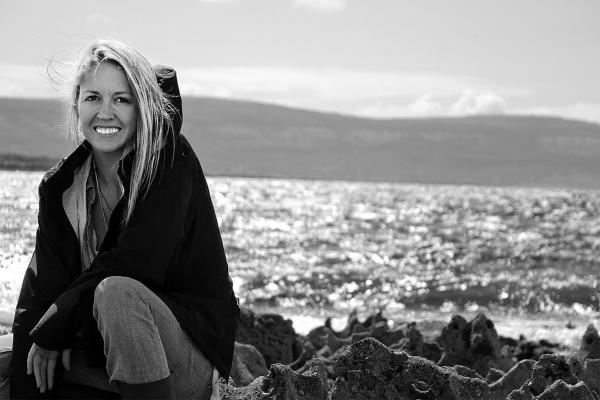
Plastic Magnitudes is a conceptual artwork that examines the omnipresence of plastic and its transformative impact on the environment and society.

Gatis uses cartoons to spark conversation about some of today’s most pressing environmental issues.

The European Circular Online Museum (EUCOM) contribution to this year’s EU Green Week brings forward the often overlooked but vital perspectives of small-scale independent artists, designers, and craftspeople who are shaping more circular lifestyles through creative reuse, upcycling, and ecological material practices.
“At the core of EUCOM lies a commitment to environmental awareness through cultural production. With this exhibition, we highlight three on-site installations by artists Rodney LaTourelle, Jan-Micha Gamer, and Tanja Haramincic, alongside a photo presentation featuring six additional EUCOM artists: Nadja Monet, Ercan Arslan, Victoria DeBlassie, Manolo Benvenuti, Kata Keresztely and Pierre Kucoyanis and their innovative upcycled creations. This exhibition not only amplifies artistic voices working within the European circular economy movement but also serves as a platform for cross-sectoral exchange and visibility across EU networks.”
Dr. Krisztina Keresztely and Anja Söyünmez, curators of the exhibition

Beyond Content 01, a sculpture that redefines our notions of material, meaning, and memory in an age of excess.

Betonwaves is simultaneously an ecological, historical and creative statement that addresses an industry that must undergo rapid decarbonization.

Re-Fragment invites us to look beyond the broken and see beauty in the overlooked.
Stands
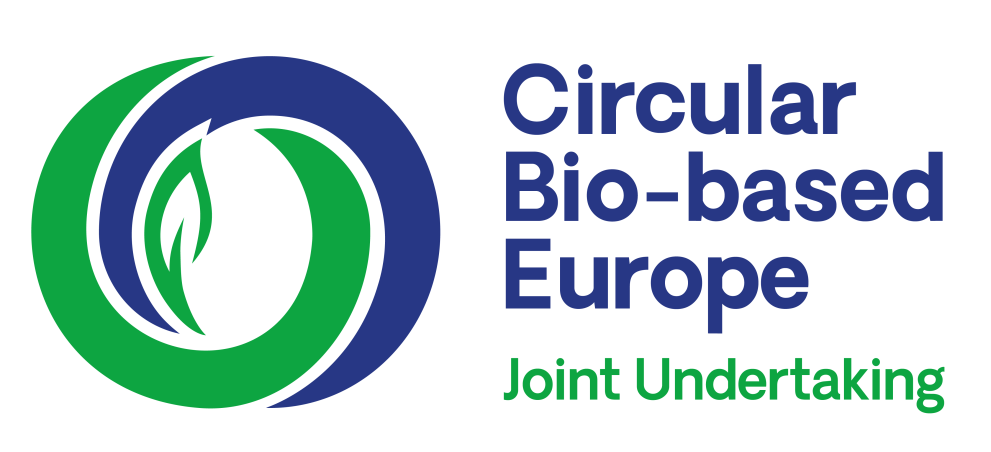
CBE JU, a partnership between the EU and private sector, has funded nearly 200 projects to boost circular bio-based industries in Europe. These industries turn renewable resources, often waste, into sustainable high-value products that can outperform fossil-based alternatives. From cycling pants made of sugar beet leftovers to insulation panels from fungi and waste, CBE JU showcases market-ready, innovative bio-based solutions and project success stories.

The Circular Cities and Regions Initiative (CCRI) and the European Circular Economy Stakeholder Platform (ECESP) join forces to showcase impactful circular solutions. Explore real-world success stories, innovative models, and practical tools driving the transition to a circular economy at local and regional levels.

Pass by our stand CINEA to meet projects from Innovation Fund, EMFAF and the LIFE Programme including Green Assist, which will showcase how they are driving circular economy solutions in practice. Highlights include bioplastics from beer spent grain (LIFE RESTART), eco-friendly kitchen materials (LIFE Green Composite), CO₂-capturing eco-aggregates (AGGREGACO2), renewable energy stoves (LIFE GREENSTOVE), micromobility solutions (LIFE2M), and battery circularity (ELECTRIUM).
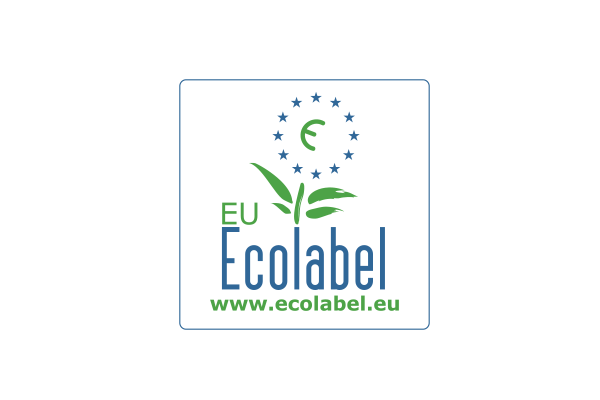
Experience how the trusted EU Ecolabel promotes the circular economy by encouraging sustainable, durable, and recyclable products across sectors like textiles, electronics, and tourism. It helps consumers make eco-friendly choices and guides producers to design with resource efficiency and waste reduction in mind.

Discover how the European Investment Bank Group (EIB Group) supports the circular economy through financing, advisory services, and awareness-raising. From 2020 to 2024, the EIB co-financed 153 circular projects with €5.1 billion across diverse sectors. The also EIB offers technical and financial advice to enhance project viability. Initiatives like the Circular Cities Centre (C3) help cities advance their circular transitions.

At the ETF stand, explore inspiring stories and interactive activities that bring sustainability to life. Visitors can engage in hands-on learning and playful exploration, making green skills easy to understand and apply. Meet changemakers and learn about solutions shaping a greener future.
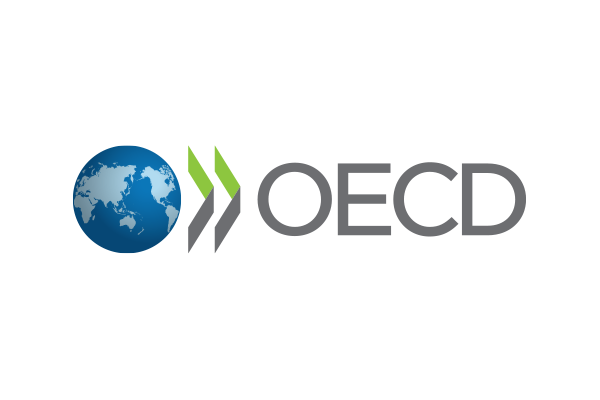
The OECD supports cities and regions in their circular economy transition through multi-level dialogues, peer learning, and key indicators for decision-making. Their work highlights the importance of place-based policies. The OECD Roundtable-a network of 100+ cities, regions, and institutions-facilitates knowledge sharing.
The stand will be present only on 5 June.

REA supports the EU’s circular economy transition by managing research and innovation projects funded under Horizon Europe. It advances sustainable technologies, practices, and policies across sectors. REA notably backs the Circular Cities and Regions Initiative (CCRI), funding pilot projects that showcase circular solutions in real urban and regional settings.
The stand is present only on 5 June.
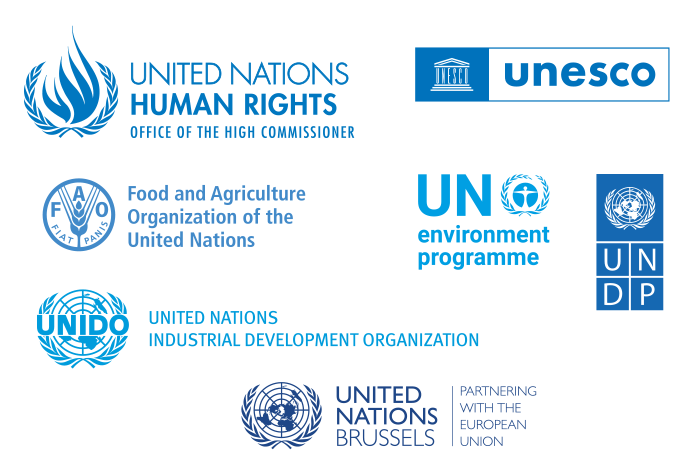
Learn about how various UN agencies promote circular economy solutions worldwide through interactive quizzes, videos, and success stories from EU-UN partnerships. Learn about practical circular approaches that support green transitions and deliver economic, environmental, and social benefits. Participating agencies include FAO, OHCHR, UNDP, UNDRR, UNEP, UNESCO, and UNIDO-each bringing their unique expertise to the stand.
Stands on display on 5th June

SEARCULAR (EU-funded) develops circular solutions to reduce plastic fishing waste by making durable ropes from recycled nets, biodegradable coatings and devices, plus port-based collection to recycle old fishing gear and cut marine litter.

Green Finance supports textile SMEs to achieve zero pollution, low carbon, and circular goals. It requires solid environmental and social checks plus clear reporting. Better data helps boost resource efficiency and access to green funds, saving water, steam, and energy.

Interact fosters cooperation across Europe by helping Interreg programs with guidance, training, and expertise. It drives EU priorities like the circular economy through 37 programs and 120+ projects, delivering real impact from 2021 to 2027.
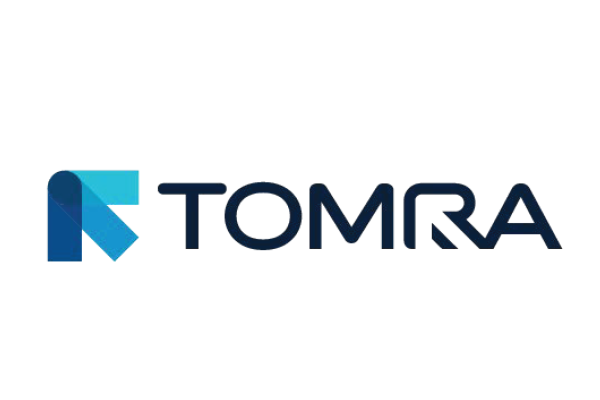
TOMRA leads circular economy innovation with systems for resource collection, recycling, and sensor-based food sorting. Since 1972, it has 105,000+ installations globally, supporting sustainable and profitable operations in 100+ markets.
